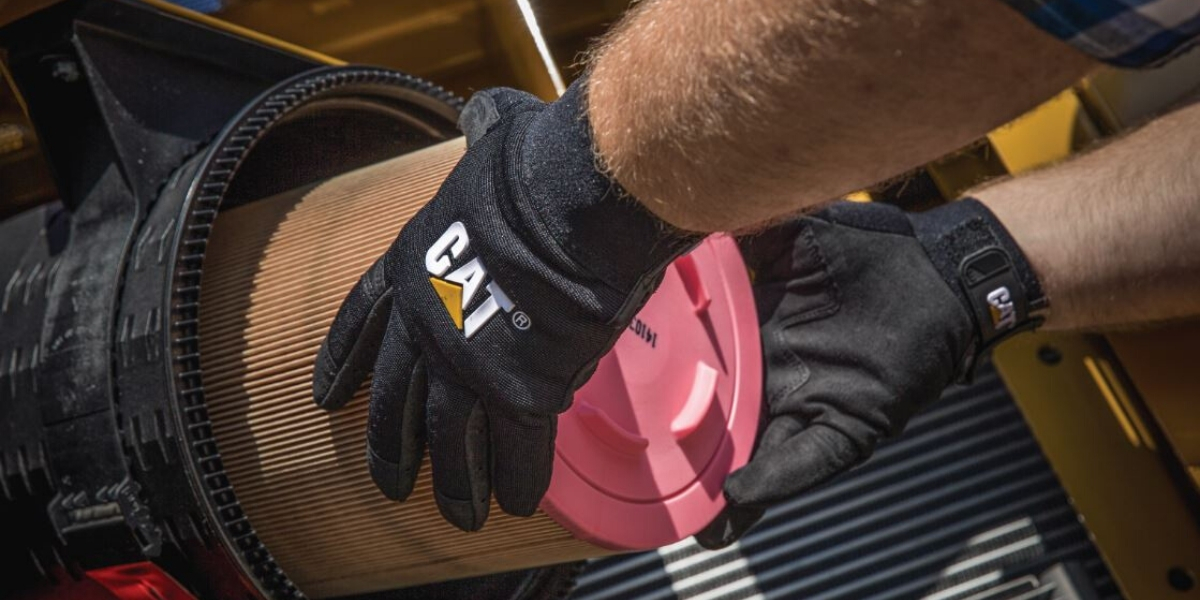

How Cold Weather Affects Oil Changes
Category: Equipment and Solutions
Later this fall, as the weather turns from crisp to cold, you’ll need to take several measures to protect your equipment from winter temperatures. One of the most essential safeguards is selecting the proper engine oil and filters.
No decision is more important to equipment performance during the coldest months of the year than your choice of oil and filters. But what are the right choices? Here’s a look at some key factors to consider when choosing engine oil and filters for equipment in winter.
The Importance of Viscosity
For peak winter operation, you’ll need engine oil that is thicker than normal — but not too thick. If you choose low-viscosity engine oil, it will be too thin to fully protect your engine’s components in the way that oil should. On the flip side, if you choose high-viscosity oil, it could force your battery and starter to work much harder than needed.
Start by checking your equipment’s operation manual. Most manufacturers include engine oil recommendations, including cold-weather options that are designed to support equipment during the coldest months of the year.
How Filters Help in Cold Weather
Filters have to work much harder in winter, too. Find oil filters that offer the following characteristics so that your equipment keeps working as needed through the colder seasons:
- Valving: Some filters include bypass valves so that unfiltered oil finds its way to the engine, even if the filter itself is blocked or goes unchanged for an extended period. These bypass valves, when activated, lubricate the engine with dirty oil — but that’s better than running equipment with no lubrication at all.
- Media: Quality matters when choosing an oil filter. The best filters will allow oil to flow freely while also capturing tiny particles. If you choose your filters based on the lowest price, you’ll likely end up with a filter that does not allow free flow and that lets too many particles pass through. This can have disastrous consequences when operating your equipment in winter.
- Strength: Firing up equipment in winter creates more of a strain than during other times of year. The burst of pressure during a wintertime startup could damage a basic oil filter. Switch to oil filters with greater structural integrity during winter so they can withstand this initial burst.
Keep in mind these two rules of thumb as you consider filters:
- Your operation manual is a great source of recommendations and other relevant information.
- You often get what you pay for. If you invest in high-quality, winter-specific oil filters, they are going to perform during cold months. If you opt for discount filters, you may encounter problems.
Following these basic tips will help you successfully prep your equipment for colder winter months.
NMC Cat: Where Your Questions Find Answers
If you have questions about winter-specific engine oil and filters, get in touch with the team at NMC Cat. We are your local provider of Caterpillar® products and services in Nebraska and Pottawattamie County, Iowa, and we would be glad to help you make the best decisions for your equipment.
Contact us today to learn more about winter engine oil and filters.
